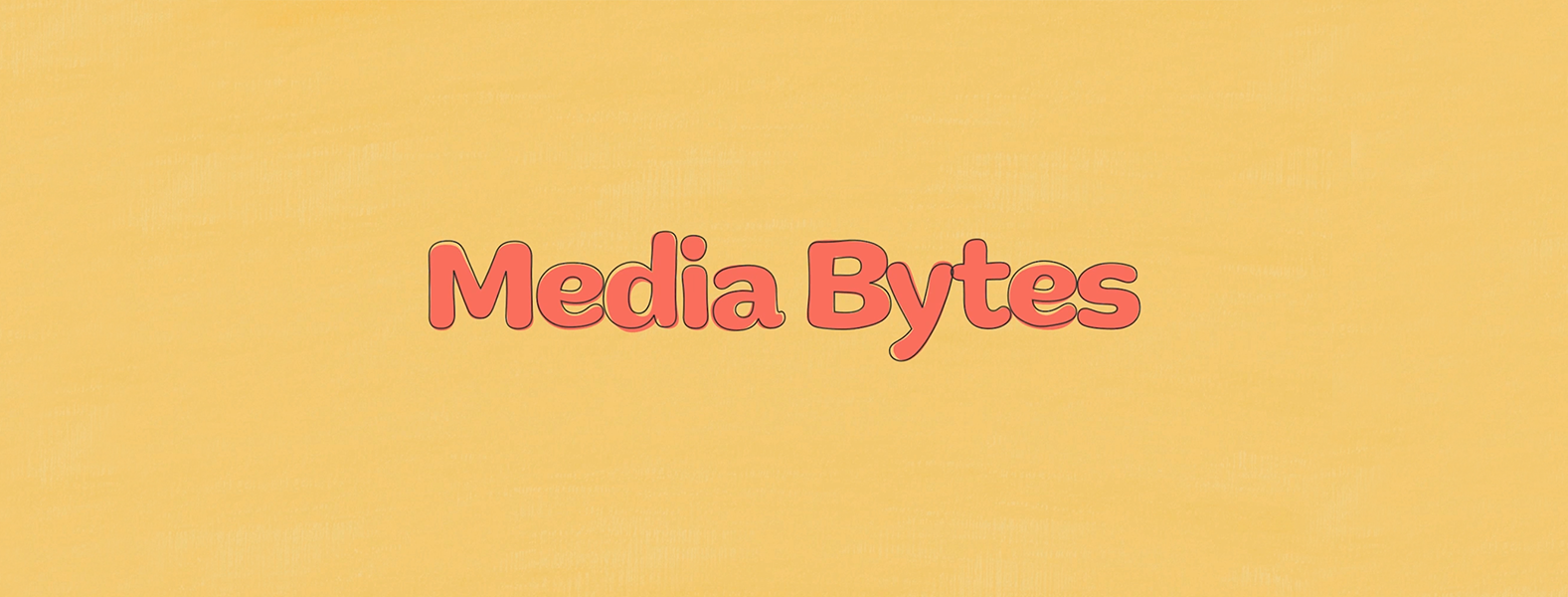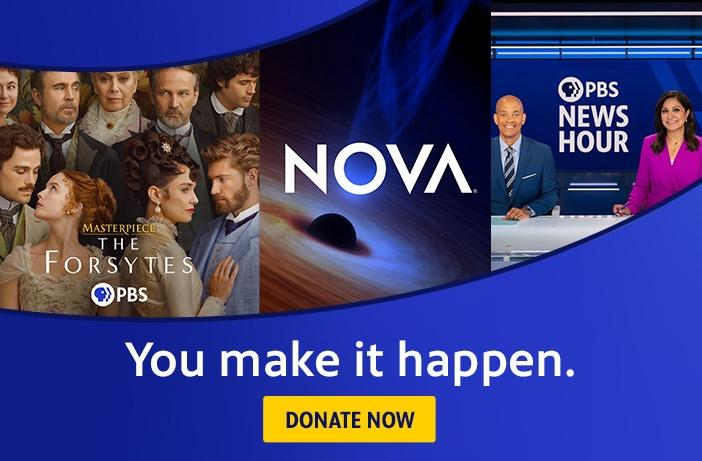
What is Media Bytes?
Media Bytes is a digital series from Texas Tech Public Media that aims to help people navigate the news, which has changed drastically in recent years.
Watch all episodes on our website and social media platforms. Don't forget to subscribe to our YouTube Channel and follow us on social media @ttupublicmedia!
Meet the Host
This media literacy show is hosted by Sarah Self-Walbrick, a lifelong news nerd and local journalist. She shares tips on how to find quality reporting and gives us a peek behind the curtain at the journalistic process.


You may be aware that Facebook employs algorithms to analyze user habits for content recommendations like recipes, memes, and ads, but have you ever wondered how it determines the news it shares with you?
It takes effort to be an informed citizen. Some news consumers read a daily newspaper or watch the nightly news. Others get updates throughout the day on social media. Does where you get your news from make a difference? On this episode of Media Bytes, we break down some of the differences between social and traditional media.
News outlets publish their own reporting and content. But in order to be successful online, they also have to appeal to news aggregators. Those are websites or services that pull together news stories from various organizations. In this episode of Media Bytes, we share some tips for using news aggregators responsibly.
Journalists get a lot of information from sources. Sources can be a new study with enlightening data or someone a reporter talks with often. Other times, information is shared anonymously with few additional details to work with. How do journalists verify information before sharing it?
A majority of journalists went to school to do the job. They learn how to find, report, and share important stories that matter to communities. But can’t anyone do that on the internet? Technically, yes! We talk through the differences between trained reporters and citizen journalists on this episode of Media Bytes.
Journalists are trained to keep their personal opinions out of their reporting. Their goal is to share information you need to know. But what about opinion sections and news anchor commentary? On this episode of Media Bytes, we talk about opinion content and news sources that do not impartially disseminate information.
Credible journalists use impartial gathering techniques to cover events and seek out the news in an unbiased way. But recent discourse might have told you otherwise. Is the news politically biased? We answer that question on this episode of Media Bytes.
Cable news networks come to the viewer in a private way. Broadcast news networks come through the public airwaves, where there is more regulation on the content that can be played. Knowing where different networks come from and how they operate is key when it comes to choosing where you want to get your news.
Like everyone, journalists have to pay the bills. So, how do media organizations make money? It depends on how the outlet’s business is structured.
You may have heard journalists referred to as “the watchdogs of society,” but who is watching journalists? There are several laws about what you can and can’t say that guide the profession of journalism.
